|
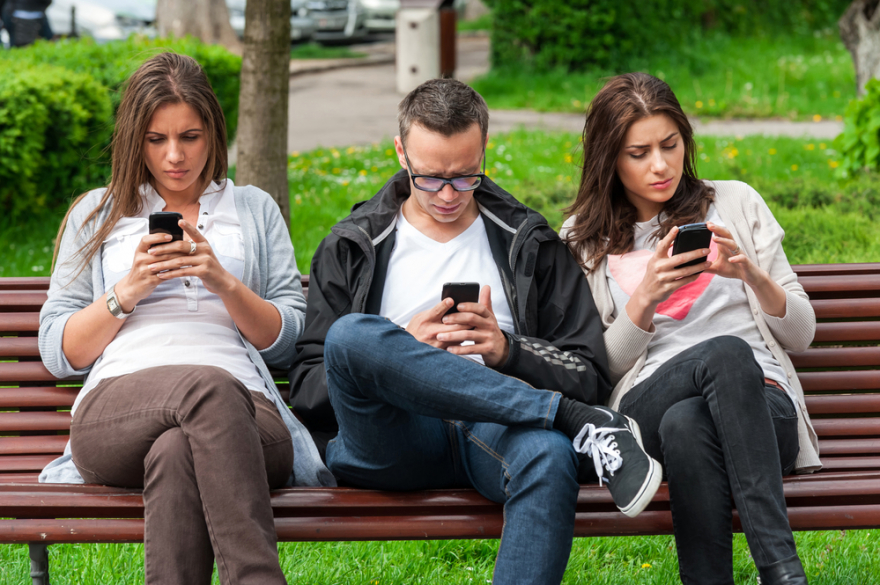
Is Your Phone Causing You Stress? Here are Some Reasons to Believe It Is
Rev. Dr. Kitty Boitnott, NBCT, RScP
Career Transition & Job Search Coach | Certified Life Strategies and Stress Management Coach
We live in a world where our phones follow us everywhere. Many people sleep with their phones, checking them first thing in the morning and the last thing in the evening. They check them even while engaging in their most private bathroom functions. Sound familiar?
Many people pay more attention to their phone and social media than perhaps they should. They are checking their phones throughout the day. They are checking email updates as well as the latest posts on Twitter, Facebook, Instagram, and more.
How many of us have watched families out in restaurants? Next time note how often you see families each busily checking their phone. Perhaps the kids are playing a video game or watching a movie instead of speaking with one another. Not only have I witnessed this activity, but I am also chagrined to admit that I am guilty of it on occasion. And so is my boyfriend. We may be "together," but we sometimes forget that while we respond to the latest beep or ping that tells us, we have a phone message or a Facebook update awaiting our immediate attention.
The upside of having our phones so close by is that we are now always available in case of an emergency.
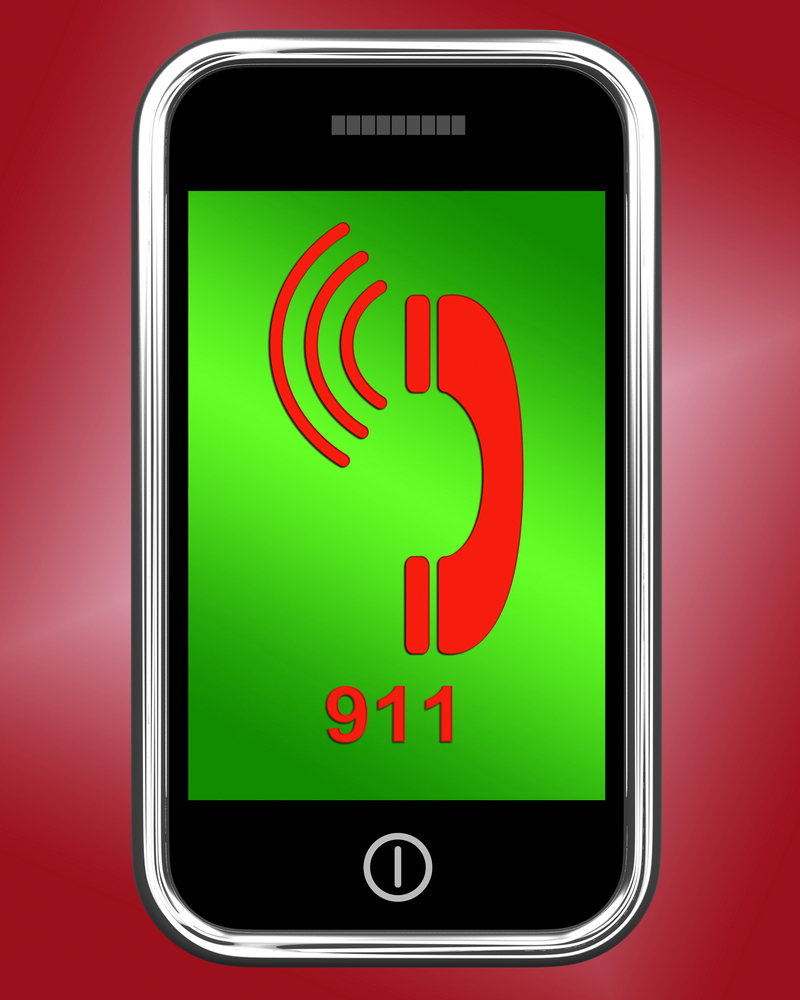
Likewise, if we need to reach someone in a hurry, we can. It is a convenience for sure. And I am not suggesting that we should not use our phones or enjoy our Facebook feeds. I am suggesting, however, that we don't need to be checking them all day long.
Would you be surprised to learn that stress is caused by overusing your phone and checking your social media and email too frequently? There is such a thing as “information overload.”
Interestingly enough, the term, “information overload” was first coined by Bertram Gross. He was a Professor of Political Science and first used that term in a 1964 work, “The Managing of Organizations.” The term was then later popularized by Alvin Toffler in his book, Future Shock which was published in 1970.
A significant contributor to “information overload” is the sheer volume of information we receive every day. News and social media posts on multiple platforms are coming through your phone and computer at lightning speed. It is impossible to keep up with everything at the rate it comes at you. With that said, studies show that the average person checks their phone every six and a half minutes. That comes to about 150 times per day. Wow.
I know it’s nice to be able to keep in touch with your friends and see how they’re doing.
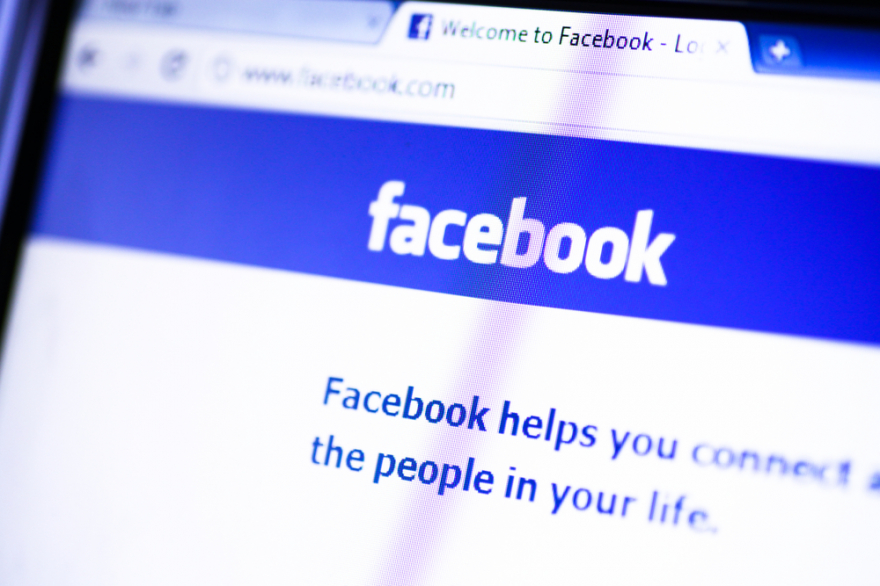
I have reconnected with old friends with the help of social media. It is especially helpful if you don’t live close to one another. It is easier to keep up with friends and family who live away from you by using Facebook and other platforms.
Studies show that people experience stress from “social comparison,” however. Social comparison is not new. We used to call it "Keeping up with the Joneses." If they got a new car, you wanted a new car. If they went to Italy, you wanted to go too. There is something about the competitive nature of human beings, I guess.
Social media exacerbates this feeling because most people only post the good stuff or the bad stuff that happens to them on their social media platforms. They are seeking to illicit envy with the good stuff and sympathy with the bad stuff. But they rarely post stuff that would put them in a bad or unfavorable light.
"Social comparison" happens when one feels inferior as the result of envy over how their friends show up on social media. If an Instagram friend posts photos of their new house, a new car, or a vacation, it can cause some people feelings of envy--and even anxiety. People may feel envious or inadequate if they can’t have the same things or the same experiences as their friends.
Another phenomenon related to stress related to social media is "FOMO."
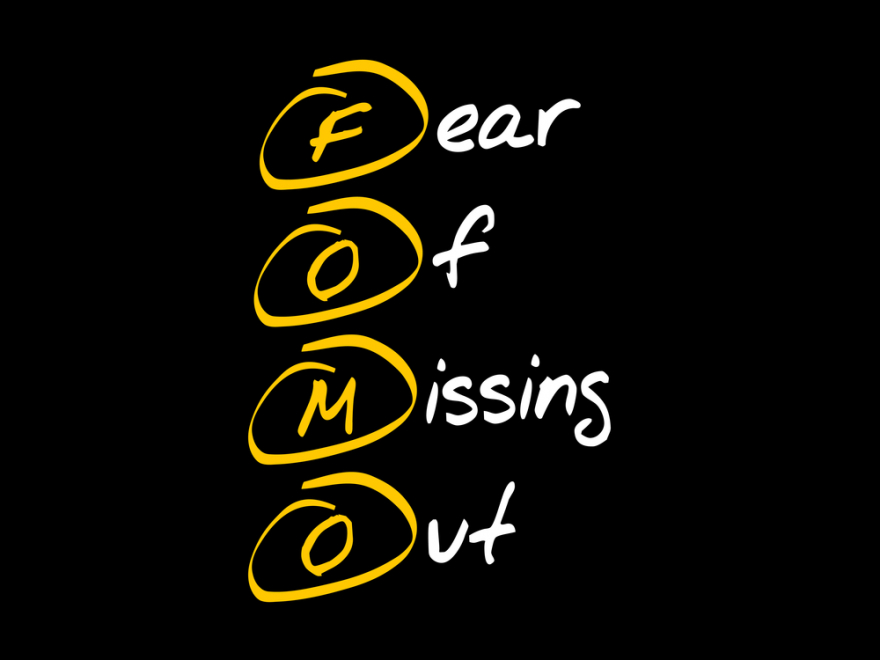
"FOMO" is an acronym for “Fear of Missing Out.” As a result of FOMO, you may feel obligated to keep checking your social media feeds continuously. After all, you don’t want to miss something important. Social media moves very fast. If you don’t check it frequently, you might miss something. You want to know about your friends’ vacation photos. You don't want to miss on something that might be important.
The good news is that you can avoid succumbing to stress induced by the abundance of news and social media comparisons every day.
The way to do that is that you have to decide to put the phone down. You have to decide to be okay with not seeing every single thing that every friend of yours posts. If you were to choose not to check your newsfeed every few minutes, think of the time you would free up time for other activities. In some cases, it may be significant blocks of time.
Ironically, one of the issues caused by the overuse of our phone and social media feeds is the loss of time. It is far too easy to fall down various rabbit holes. We get sucked into all sorts of threads as we check some social media posts. You can easily waste hours of accumulated time scrolling through Instagram or Twitter, etc..
Your time can be used more effectively on other things.

The sense of lost time can be a cause of some of your stress! You may feel stressed when you start to sense that you are falling behind on other activities.
Consider this. Mediakix has calculated the average time spent per day on various social media platforms. For example, they found that people spend, on average, 40 minutes a day on YouTube. People spend an average of 35 minutes on Facebook. On Snapchat they spend an average of 25 minutes. The average time spent on Instagram is 15 minutes. And for Twitter, the average is one minute. The researchers project that over the course of a lifetime, that comes to a total of five years and four months!
Time lost, social comparison and FOMO are only a few of the downsides of our over-reliance on our phones. The many interruptions caused by social media creates a tendency to multi-task. And studies show that multitasking can damage your brain and potentially, your career.
At the very least, multitasking reduces your performance.

It is a fact that your brain can only focus on one thing at a time.
Research shows that multitasking literally lowers your IQ. A study from the University of London found that participants who multitasked during cognitive tasks suffered a significant decline in their IQ. The IQ loss is similar to what they could expect if they had smoked marijuana or stayed up all night. The average IQ drops as much as 15 points. For multitasking men in the study, their scores lowered to the average range of an 8-year-old. (Bradberry, T., “Multitasking Damages Your Brain and Your Career, New Studies Suggest.”)
We must honor ourselves if we are to manage our stress more effectively.
Recognize that you are in charge of your own actions and your activities. You get to choose how you spend your time. We now know that social media platforms are deliberately designed to keep you addicted to them. But you can choose to break the addiction and decide how you wish to use your time. Indeed, your time is yours and yours alone to decide how you use it.
We all get the same 24 hours in a day. We each get to choose how we use those hours.
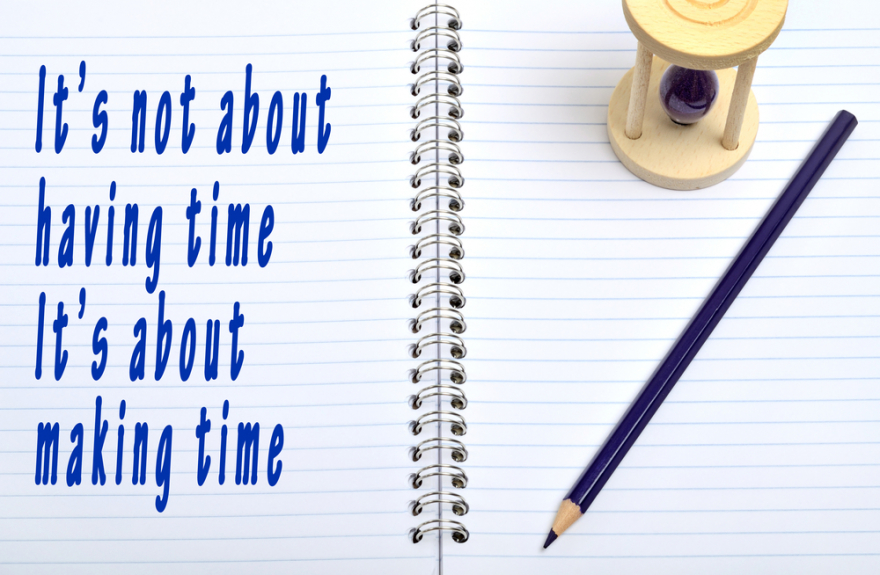
We need to spend about a third of those hours sleeping. And the rest of our waking hours are ours to use as we see fit.
This post is not meant to bash the use of social media. Social media use is a fact of modern life. It is intended to point to the connection between social media, multi-tasking, and your stress. Managing stress has also become a part of our modern lives. We are each responsible for our own health and well-being, and controlling our stress level is part of that.
Until next time.
P. S.
Do you need help with your stress management? If so, check out the offers below. The first is an eBook and eCourse on how to improve your sleep which is a major part of managing stress. It is available for only $37.
The second course is an online digital course entitled, Stress Management for Teachers, a 7-part course that outlines strategies specifically targeted toward the stressed out teacher who needs to develop some new coping mechanisms or strategies.
Feel free to check them out. And if one or both of them sound like something that would help you, I invite you to sign up. Let me know if you have questions about either or both of them.
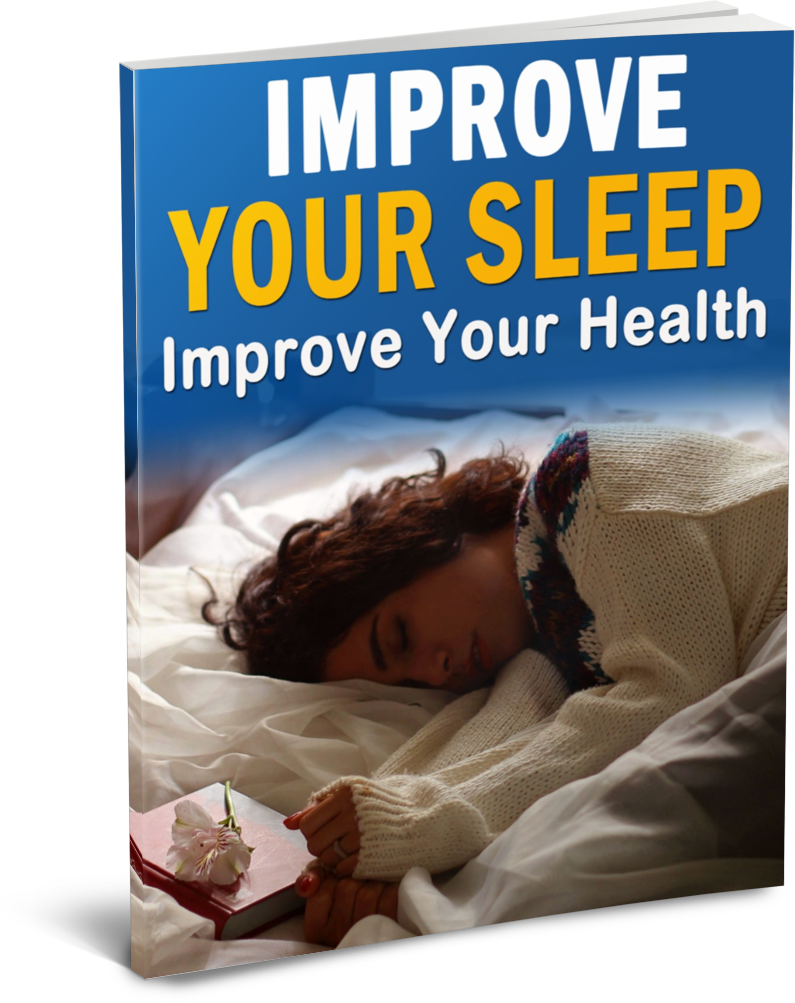
Learn how to improve your sleep quality and quantity starting as soon as tonight. Improve your sleep habits and sleep hygiene with some simple changes and start sleeping better. Here is what you will learn:
- Understand the stages of sleep.
- Learn how much sleep you need to feel rested and productive.
- Understand why sleep is so critical to your health.
- 5 ways to make sleep a priority
- 6 ways to improve your sleep tonight
- Learn what your biological clock has to do with sleep.
- 7 ways to avoid blue light at night
- And much, much more…

This 7-week program is designed to help the teacher who is feeling stressed out and overwhelmed take control of their individual situation using strategies to help them get through the remaining school year with greater ease.
This course is designed with teachers in mind although the strategies recommended will work for any individual who is experiencing an overload of stress and anxiety.
|